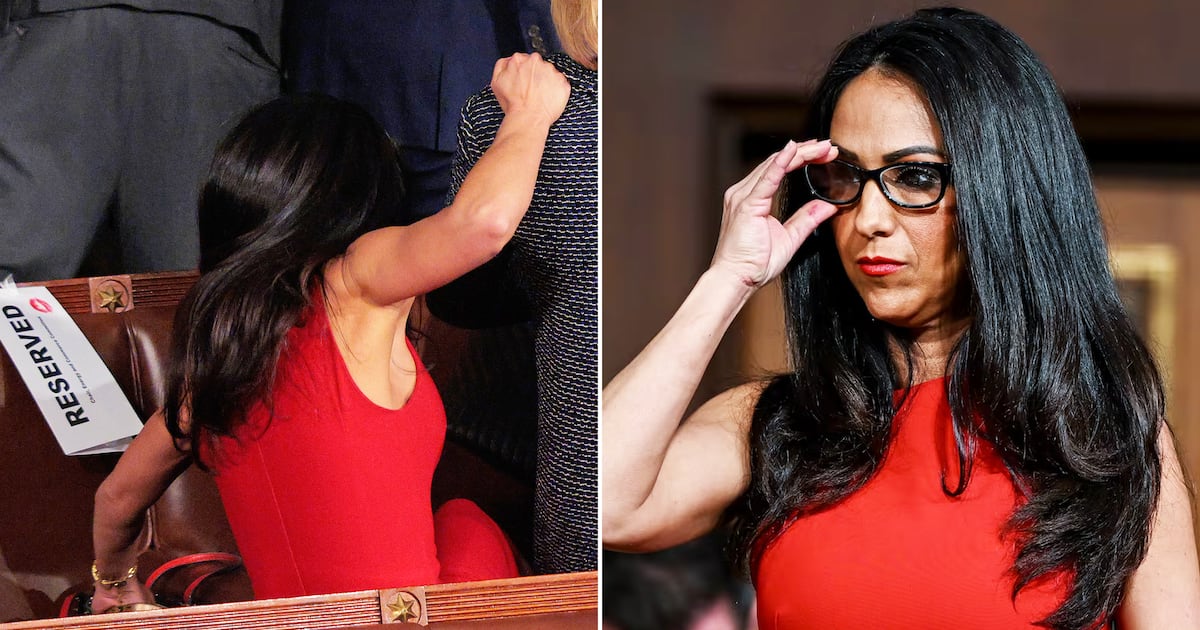The queen is looking for a new cleaner.
At least, that is what we assume they mean by their job advert looking for a new “live-in housekeeping assistant,” whose duties include to “clean and care for interiors and items from carpets and furniture to historic vases and irreplaceable paintings.”
The advert goes on, “This is no standard housekeeping role. You’ll work, and live, in stunning historic settings, ensuring that they’re presented to their best for colleagues, guests and, of course, the Royal Family.”
The downside is, predictably for those accustomed the royal way of doing things, the pay. With a salary of just £17,000 per annum, it’s fortunate that grace and favor lodgings are included in the package, as they are for another role of groundsman, which, from the description, appears to involve a lot of mowing for £16,500 per year.
Despite the paltry pay packet on offer, it is likely that the palace will be swamped with applicants for both jobs, with many would-be employees attracted by the prospect of working for the most famous family in the land.
Hard as it may be to fathom for many of us, there are plenty of people out there prepared to take a whopping pay cut for the pleasure of cutting the grass and cleaning up for royalty in the hope that one day they might just get blessed with a smile from Her Majesty.
Pay-wise, the royals are merely continuing a long tradition—historically speaking, the posher the family, the less they have paid their servants.
The Cholmondeley family, based at Cholmondeley Castle near Crewe, for example, were famous for the minimal rates of pay offered to domestic servants; but the fact that employees got provided with a specially branded uniform and got to live in the castle made them important, so they are still to this day one of the most desirable families to work for in the North.
If you had “done your time” with the Cholmondeleys, you could, after a few years, take your pick of any other job.
The same holds true of working for the royals today, and is another reason why so many people are prepared to take very low wages to work for the queen or her progeny (see Darren McGrady, a former royal chef who now tours the world lecturing and speaking).
Although even regular servants are likely to get into the royal presence on an occasional basis right from the first days of their employment, being appointed to a position of trust and regular contact with a royal—like the lucky servant mandated to stand next to the late Princess Margaret at all times with an ashtray—is the holy grail for royal servants.
It’s usually a case of waiting for the former incumbent to retire or die. The long, drawn-out process is known below stairs in the palace as “filling dead men’s shoes.”
So, promotion can take some time. And don’t be fooled by that line about “living in historic surroundings”; accommodation provided to royal household staff may be old and well located, but it is far from regal.
Ryan Parry, the Daily Mirror reporter who famously got himself a job as a royal footman in 2003 and then exposed numerous royal secrets such as the queen’s habit of storing her breakfast cereal in Tupperware boxes, described his room as being “basic,” and “like a university hall of residence; a single bed, a wardrobe and a sink.”
In common with many large British houses, staff are required to sweep carpeted corridors in the morning; they are prohibited from using vacuum cleaners until after 10 a.m. to avoid disturbing sleeping family members.
Staff are also required to walk along the edges of the corridors rather than down the middle to avoid wearing out the threads.
Given the poor rates of pay, spartan living conditions, and the insatiable fascination with the royal family it is not surprising that several servants have sold secrets to the press over the years.
When they have gone public it has tended to be in a blaze of publicity, such as was the case with Diana’s butler Paul Burrell or Prince Charles’s valet Ken Stronach.
Stronach gave an interview to the News of the World in 1995 in which he described at great lengths Prince Charles’s temper tantrums.
He related an incident in which Prince Charles dropped a cufflink down a sink while on holiday in the South of France and then ripped the sink from wall and smashed it to find the missing stud.
He then turned on Stronach, grabbing him by the throat. Stronach managed to break free, and dashed out of a door into what he thought was another part of the house.
Unfortunately, unfamiliar with the layout of the holiday villa, he had blundered into a linen cupboard, where he remained in hiding for half an hour until Charles had calmed down and left the bathroom.
Stronach claimed that one of his duties was to scrub grass stains from Charles’s pajamas after he had sneaked outside for meetings with Camilla Parker Bowles. “There was mud and muck everywhere,” Stronach told the paper. “They’d obviously been doing it in the open air.”
Stronach’s betrayal was extraordinary because he did it while still actually employed as Charles’s valet (he was immediately suspended and then fired).
Among the details he revealed in revenge, he said, for being made to cover up Charles’s affair for over a decade, was the fact that Prince Charles slept with a teddy bear.
It’s entirely feasible that Stronach was asked to do these things. Even post-Ryan Parry, servants are often surprised by how quickly they are trusted. One source who has worked for the royal family described to me their astonishment at being told to grab a passport and board a private jet with the royal in question after just two days of employ.
While the big sensational sellouts have tended to grab the headlines, many servants’ stories have been gentler in tone, and sought to portray their masters in a positive light.
Paul Kidd, a royal butler from 1985 to 1992, claimed to have dropped a “splodge” of hot gravy down the queen mother’s cleavage at dinner one night. “Her beautiful blue eyes went cold,” he recalled in the documentary Royal Servants. But when he apologized, Elizabeth gracefully replied, “I am the one who is sorry, Paul. I actually nudged your elbow.”
Kidd insisted she hadn’t touched him.






